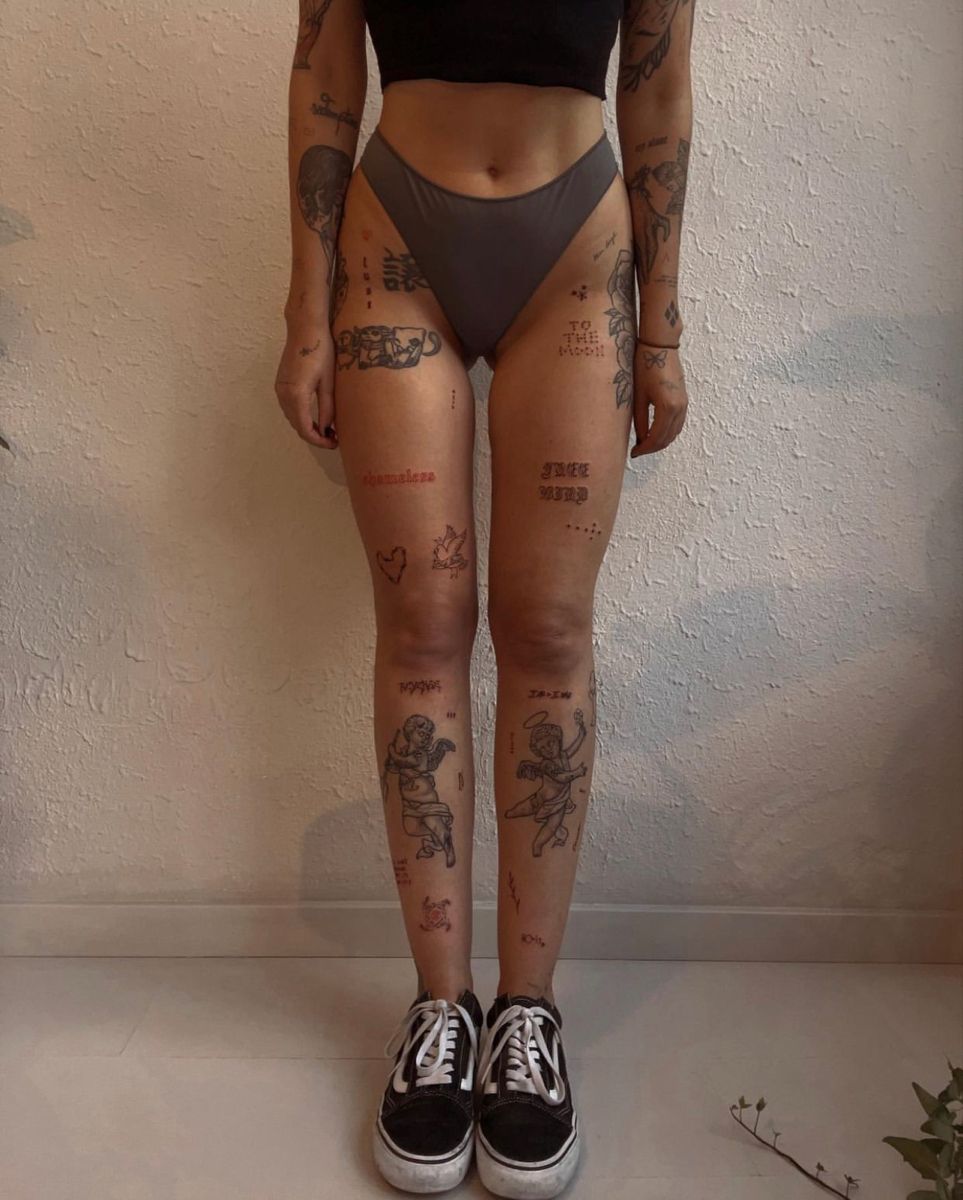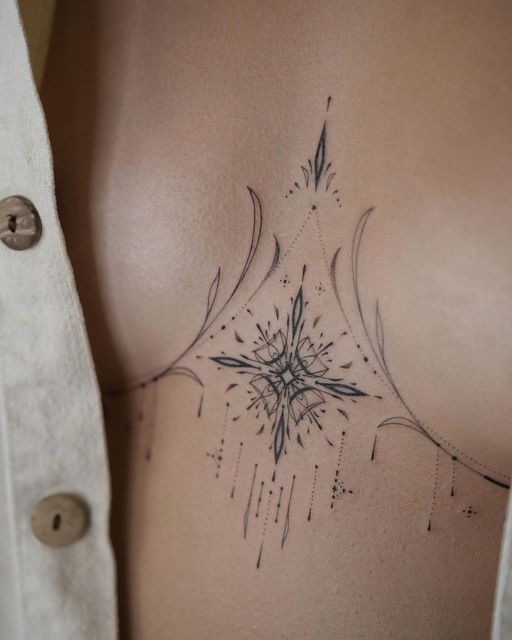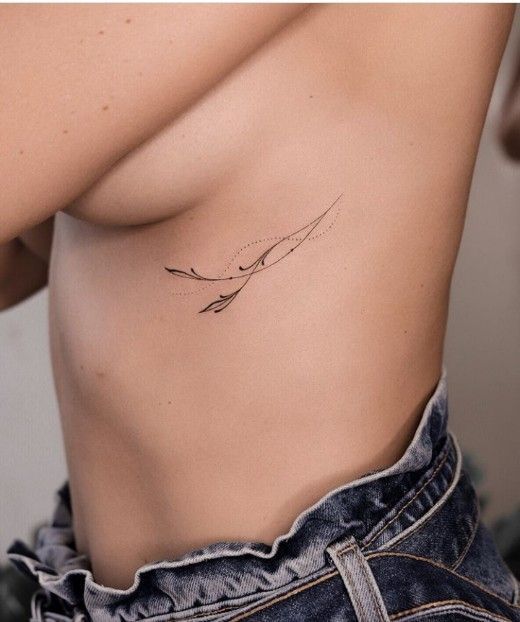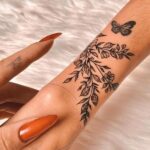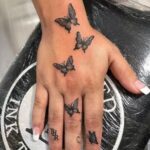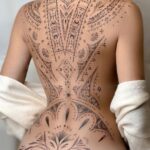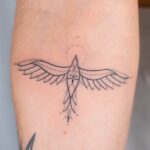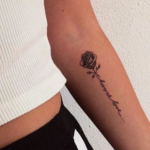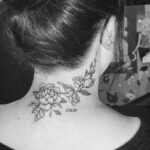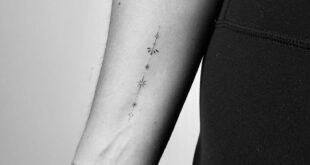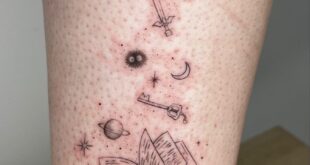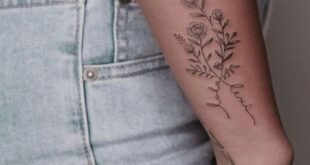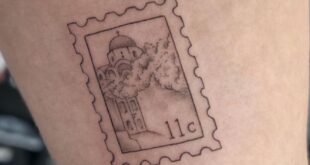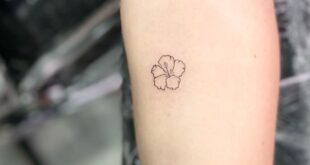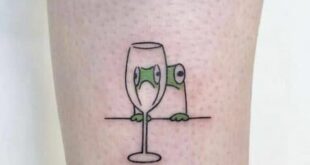Tattoos have long been associated with rebellion and nonconformity, but in recent years, they have become more mainstream and accepted as a form of self-expression. While tattoos were once predominantly seen on men, there has been a significant rise in the number of women getting inked.
In the past, women with tattoos were often stigmatized and seen as rebellious or even promiscuous. However, as societal attitudes toward body art have shifted, more and more women are choosing to get tattooed as a way to express themselves and their individuality.
Tattoos can hold a variety of meanings for women, ranging from personal milestones and memories to statements of empowerment and feminism. Some women choose to get tattoos as a way to reclaim their bodies and assert their autonomy, while others use tattoos as a form of creative expression.
One of the most common reasons women get tattoos is to commemorate important events or people in their lives. Whether it’s a date, name, or image, tattoos can serve as a permanent reminder of significant milestones or loved ones.
Another reason women choose to get tattooed is to make a statement about their identity or beliefs. For some, tattoos are a way to show solidarity with marginalized groups or to express support for political causes. Tattoos can also be a form of self-empowerment, allowing women to reclaim their bodies and define themselves on their own terms.
Despite the growing acceptance of tattoos, there are still stereotypes and prejudices that women with tattoos may face. Some may be judged or discriminated against based on their ink, especially in more conservative or traditional environments. However, many women see their tattoos as a form of strength and defiance against societal norms.
Ultimately, tattoos have become a powerful form of self-expression for women, allowing them to assert their individuality and tell their stories through body art. As more and more women embrace tattoos, the stigma surrounding body art is gradually eroding, paving the way for a more inclusive and diverse society.
 innstyled Tattoo Ideas
innstyled Tattoo Ideas
